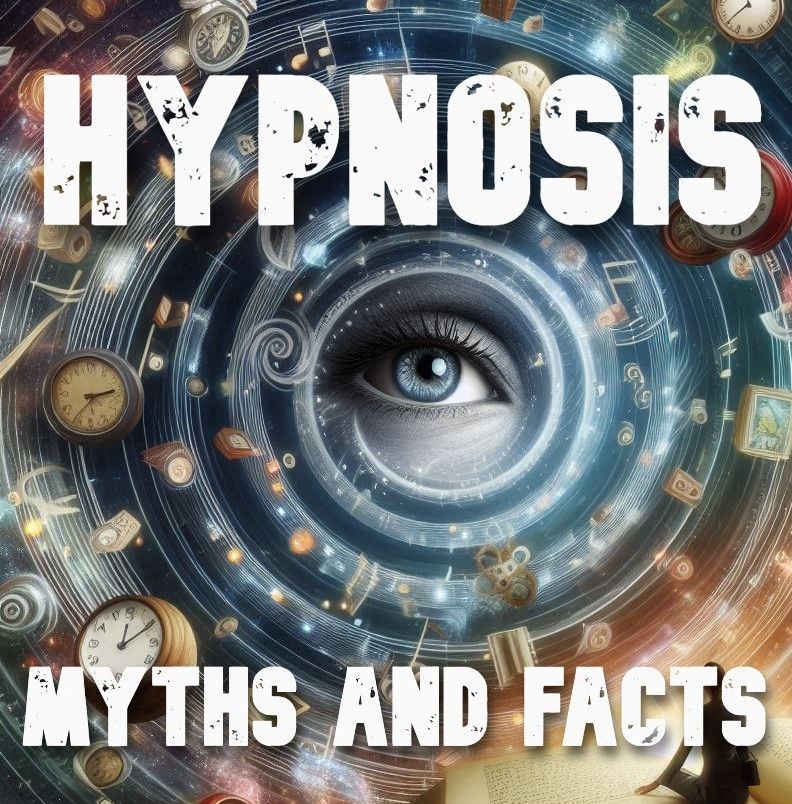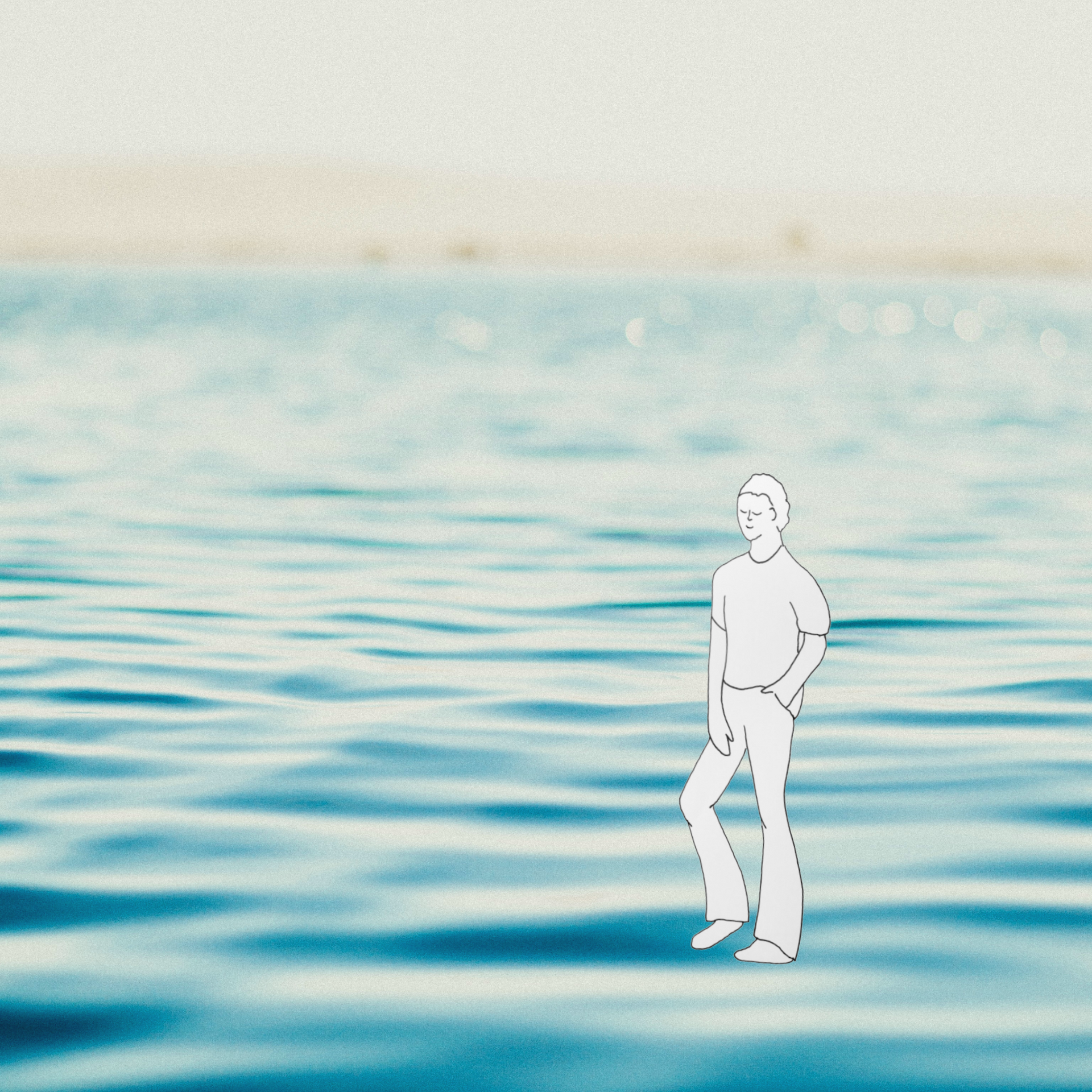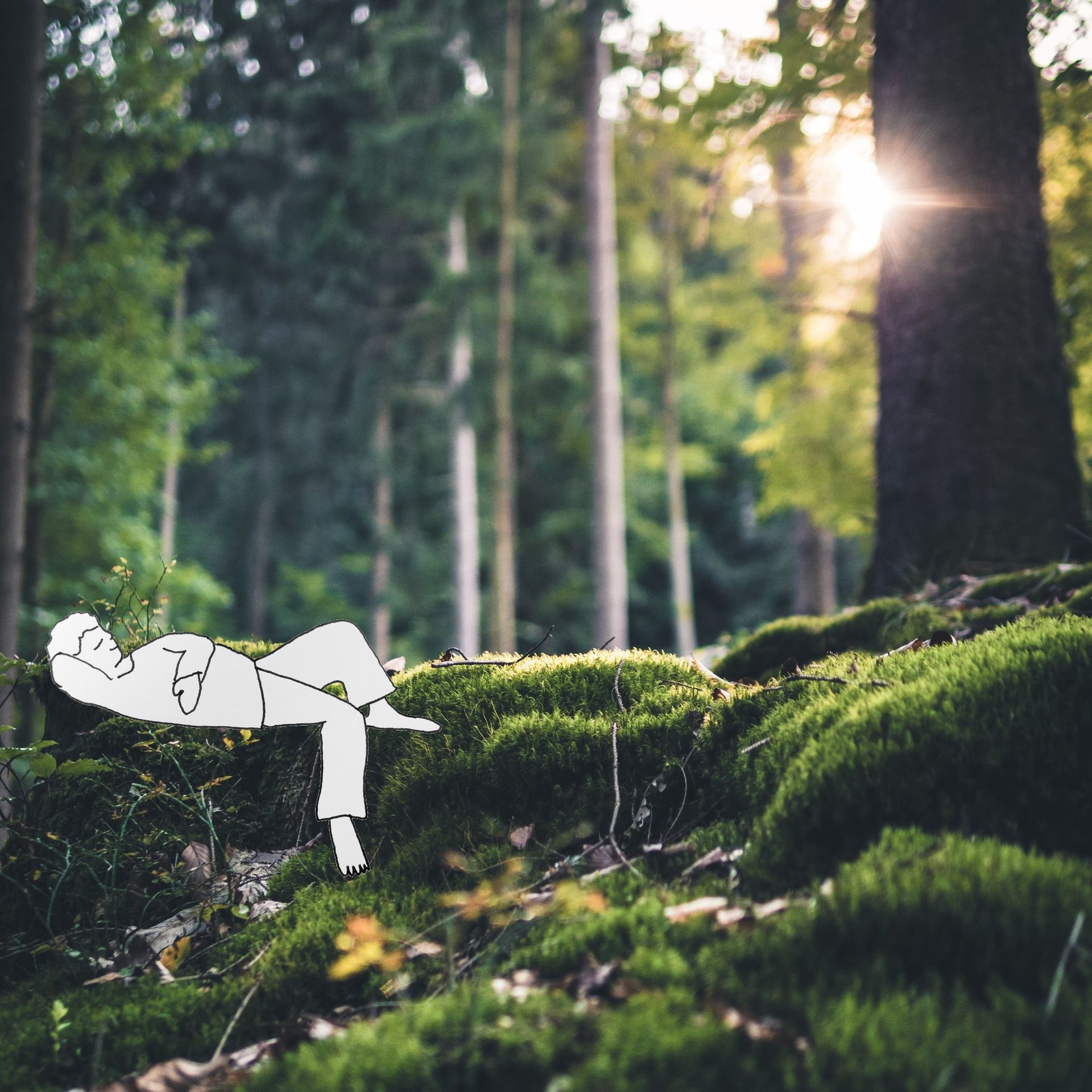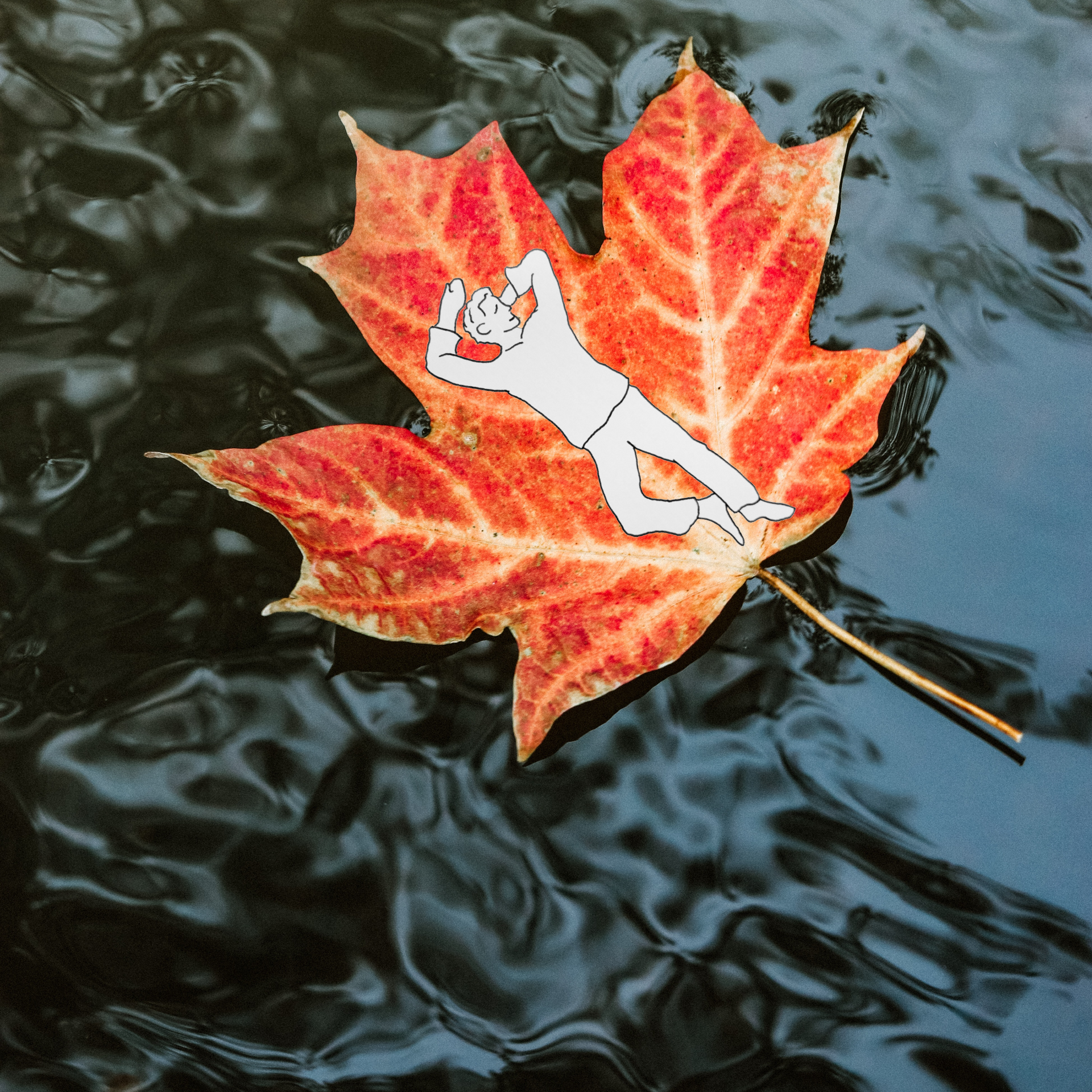AVAILABLE ONLINE OR IN BATH, UK. BOOK YOUR FREE DISCOVERY CALL TODAY - CALL FLEUR ON
07704429577 - EMAIL
fleur@lovemymind.co.uk
The Wonder of Water
“We are doing a POSITIVE ACTION” I explained to my 18 year old son. We began to discuss the benefits of focusing on the “positive actions, positive interactions, positive thought patterns and positive purposes” that I promote in my hypnotherapy practice. When our mind is full of the positives aspects in our lives, we have no capacity or inclination to dwell on the negative details. Practising searching for the positives in our lives helps to create new neural pathways, feel happiness and find a peaceful way of being. I was taking my son back to University and we decided to make a day of it by visiting the Welsh waterfall country park on the way. It had been an eventful Christmas and I was desperate for a moment of quiet.
I am always drawn to moving water. It feels so peaceful. The motion creates a place where my mind can be still. When my gaze is unable to stop on one single droplet, I feel an inner calm where I can just soak in tranquillity.
My son is studying Chemistry at Cardiff. Struggling with my “simplistic” explanation of waterfall joy, he decided to give me a scientific theory. He has such a wonderful way of explaining things. Normally anything too scientific sends me spinning into confusion but he explained the science of colliding water particles so I could understand how they might be creating the feelings of calm and happiness I was feeling.
I’d like to try and explain this science to you as simply as my son did for me:
All matter is composed of many many ATOMS.
All atoms have equal amounts of ELECTRONS and PROTONS
When an atom gains or loses electrons, and has an uneven amount of protons and electrons. This is now a charged particle known as an ION
When the atom loses an electron, it becomes a positively charged ion (a CATION)
When the atom gains an electron, it becomes a negatively charged ion (an ANION)
Waterfalls and waves crashing on a beach are perfect examples of natural oxygen molecules colliding with each other. The neutrally charged water droplets break apart creating negatively charged ions.
Studies find that our world is stuffed with positive ions which are created by phenomena like electricity and pollution. Positive ions can affect our mental and physical health by making us feel tired, stressed and depressed. Researchers have found that being surrounded by negative ions can help to improve mental health and wellbeing.
Pierce J. Howard Ph. D concluded that negative ions increase oxygen to the brain improving alertness and physical and mental energy. They Improve the autonomic nerves, skin collagen, metabolism and immune system (Dr Arudoman). Negative ions speed up oxygen into our bloodstream, tissues and cells and oxidation of serotonin which boosts our mood (John Heinerman Ph.D). They reduce neurohormone serotonin which causes sleeplessness and nightmares (Soyka 1991) creating better sleep quality. The US Department of Agriculture is quoted for saying that negative ions help to clear the air of pollutants, dust and bacteria.
However, it's worth noting that a meta-study in the National Library of Medicine (NLM) has stated that “some of the results need to be further verified, some references might overestimate its benefits and no consistent or reliable evidence in therapeutic effects were achieved.”. So the jury is out. I am not an expert but I DO know that being near crashing water made me feel wonderful, calm and refreshed.
Was it science? Was it doing a positive action? Was the feeling due to taking time out of my busy life to witness nature? Was it magic? Or was it just hanging out with my son? What do you think?
I do know it was definitely worth doing, my feelings of happiness were very real and my soul is still smiling!

Happy Customers...
-

Highly Recommended!
IT WORKED!!!! After many years of trying and failing to give up I actually can't believe how easy this feels. I've tried most things, including hypnotherapy, before so was quite skeptical about it working on me. Once a smoker, always a smoker was my mantra every time I failed. Fleur not only delved into the nitty gritty of why I smoke and the excuses we tell ourselves, but tapped into my subconscious with a super relaxing hypnosis session. Her colourful and warm personality combined with her beautiful home and professional approach made the experience truly enjoyable. It's early days still, but I feel confident, proud and excited that I can live a healthier, longer life free from smoking. Helen Bath UK
Helen 
It's absolutely helping me
"Fleurs hypnotherapy has given more confidence and it's helping me to understand how I react emotionally in situations. I absolutely would recommend Fleur! She is really lovely and supportive - like a ray of sunshine, easy to talk to and very relaxing. Our sessions are very valuable. I love it when she changes the hypnosis bit to be really specific to me.”
Lisa, Bath UK
Fleur is Fabulous and Calming
“I was looking for better coping mechanisms, and Fleur has helped me cope better with day to day stresses and strains. She was fabulous, very calming yet direct, the sessions felt nearly like a life training session, I’d good to take stock of life on a weekly basis (and the ongoing to do list that never seems to reduce) but would positively address what I have achieved and my next goals to my preferred future.”.
Ali, Batheaston UK
I can finally see the light
“Fleur is calm and caring so I could open my mind. She made me feel at ease and helped me understand my behaviour. I've been battling with my mental health for years but after seeing Fleur, I am starting to see the light. Hypnotherapy has helped me sleep better at night and appreciate the beauty in the world around me. I am able to catch myself in the act of thinking negatively and change that thought, and I am slowly working up the courage to leave the house alone after over a year!”
Cydney, Bath UK
Truly Life Changing
Fleur helped me get over my fear of thunder and lightening, three sessions and just like that, I no long have anxiety when I hear a rumble. Especially when I live in Australia. I have since been working with Fleur on other personal issues and she is amazing to work with, professioal, kind and knowledgeable. I would thoroughly recommend her to anyone.
Karen, Australia
Working with Fleur has been an absolute delight.
It’s a sensory journey just being with her in her home, but also with the hypnotherapy work we’ve done together. I say ‘together’ because she has been with me for every moment, held me through some really difficult stuff and given me, not only hope, but real tangible solutions..
Having been forced to change my life due to chronic illness and anxiety, I was feeling very stuck and despondent from trying so many methods to healing, all with varying success. Fleur also sought out additional practices to help me with my chronic illnesses, Fibromyalgia and ME/CFS. Tailoring the treatment to her client every session.
I am so glad I took the leap and got started with Fleur.
I still need to actively use the tools I’ve been given, but I honestly just feel so differently about stuff. In 8 sessions you’ve changed my life.
I’m forever grateful Fleur, THANKYOU X
Rose, Bath UK
Fleur helped me enormously during a very difficult time
I was experiencing anxiety, panic attacks and OCD symptoms.
I really enjoyed our sessions and Fleur made me feel comfortable and relaxed throughout. Thanks to her expertise, compassion and positive outlook I have learned coping strategies that I can use for life 🙂
Letts UK
Fleur really helped me to get out of quite a dark place.
Lots of anxiety, low mood, unable to think, focus, function… significantly easier after just two sessions but I feel that the course of 4 sessions has given me a toolkit to dip into and I am looking forward to joining in to calm club to help with my ongoing mental health and well-being.
Fleur’s approach is professional, caring and just lovely and really does bring the joy back.
Georgina UK
Fleur is an awesome therapist
She will literally bring colour into your life. I worked with Fleur for a year and she really made a big difference to my outlook on life. We slowly untangled through a web of my own problems/ insecurities. My fundamental perspectives have shifted and that is helping me live a more peaceful everyday life. I only stopped therapy due to a change in financial status, but I am looking forward to working with Fleur in the future. Thank you Fleur ✨
Kirsty UK
Fleur is great with teens!
Fleur is without doubt the best person my daughter has seen for support. She is so great at what she does. I would really recommend her and what she does.
Sally, Somerset UK
Fleur is an amazing person, she is so kind, caring and supportive.
Before I met Fleur I had crippling anxiety and did not believe in myself and my capabilities.
I quit a uni module because my anxiety took over. I then met Fleur and she got me through it. I walked into my role play exam and did it with minimal anxiety and passed! I believe to this day without Fleur I would of never done this.
I'm onto my next module now and I had no anxiety when preparing for a presentation and I have an exam coming up...and I feel confident about this.
Jo, UK
All Rights Reserved | LoveMyMind
















